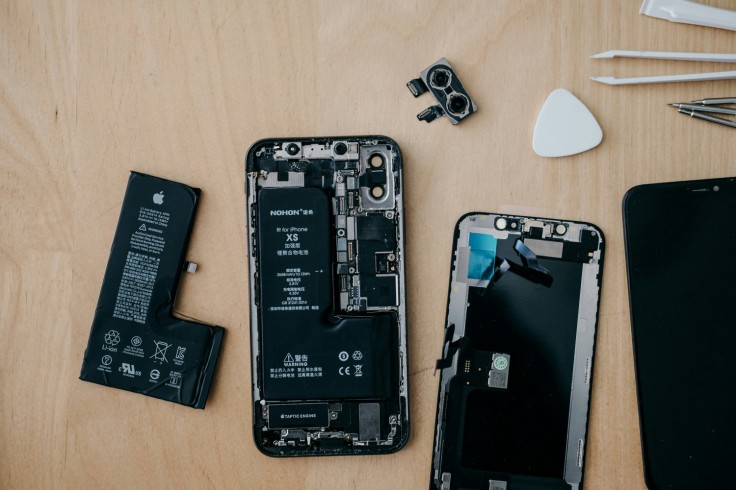
The right to repair debate is still raging, and it seems it is more prevalent than ever; well, this is evident after iFixit, a leading fix electronics website severed ties with Samsung electronics. This move came following the breakdown of talks held in a bid to continue as partners for another term, with iFixit noting major philosophical differences when it comes to repairability for the offer not to be extended.
Failed Negotiations and Divergent Priorities
iFixit's CEO and co-founder, Kyle Wiens, disclosed that failure to repurchase terms marked the company's parting ways with the smartphone giant.
Wiens expressed disappointment by Samsung's perceived lack of interest in this kind of repair, but mentioned that they actually sent them core values, although not as enthusiastically as Google, Motorola and HMD. Despite efforts to sustain the relationship, iFixit found itself at odds with Samsung's pricing strategies, particularly regarding the exorbitant costs of parts and the complexity of repair processes.
Wiens emphasized that the termination of the partnership wouldn't significantly impact iFixit's operations, as the company is prepared to continue independently, akin to its approach with Apple's iPhones. The divergence in pricing and repair accessibility, particularly concerning Samsung's practice of shipping preglued batteries with screens, further underscored the disconnect between the two entities.
Key Issues and Concerns
Several key issues contributed to the dissolution of the partnership between iFixit and Samsung. Firstly, Samsung's pricing of parts proved prohibitive for consumers, dissuading them from opting for repair services. Moreover, restrictions within the contract hindered iFixit's ability to serve local repair shops effectively, thereby limiting the potential environmental impact of repair initiatives.
Additionally, data-sharing requirements imposed by Samsung, including the sharing of customer information and purchase history, raised privacy concerns for iFixit. This requirement, specific to the partnership with Samsung, revealed a difference in the strategies used in contrast to other players within the same landscape. Aided by the difficulties of sourcing offer parts for latest Samsung devices, these issues led to iFixit's policy to cut all its relations with Samsung.
Future Consequences and Industries
Moving to the future, iFixit plans to stay true to the repairability debate by selling aftermarket Samsung parts and releasing guides on how to conduct a Samsung repair. Nevertheless, the company has no direct partnership with Samsung, which may result in poorer documentation of the manuals that would impact those consumers who try to repair devices on their own.
Samsung, in its turn, begins moving the Self-Repair Program to its service, SamsungParts.com. While the company boasted of its relationship with iFixit, it did not want to expand on the discharge of the cooperation agreement's terms.
The dissolution of the iFixit-Samsung relationship can be viewed within the context of discursive struggles and tensions in the technological field that regards repairability and customer rights. While governments are passing laws to encourage right-to-repair legislation, these corporations' actions are symbolic of the battle lines that are being drawn between corporate entities and consumers as represented by companies like iFixit and Samsung.
Furthermore, the recent break-up between iFixit and Samsung means that while one chapter closes - one that many may have thought was a bright story about the growth of repair and customer access - another one starts.
Related Article : Samsung Galaxy's 'The Knox Journals' Lead The Charge In Securing Privacy Of Your Data
© Copyright 2025 Mobile & Apps, All rights reserved. Do not reproduce without permission.

















